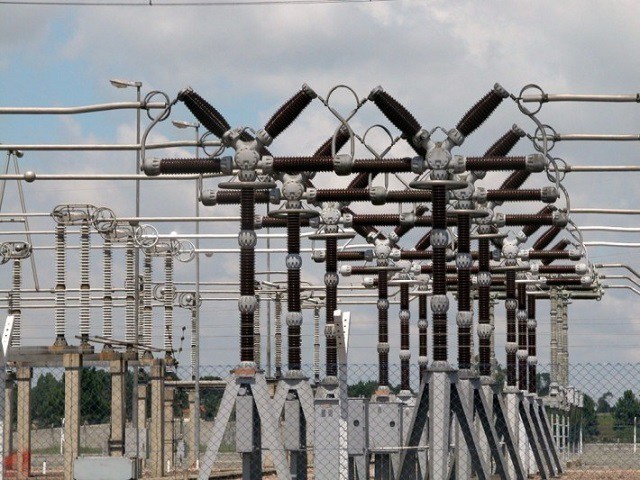In furtherance of its sustained efforts to improve the nation’s electricity transmission infrastructure, the Federal Government at the weekend disclosed that N72 billion had been provided to execute key transmission network projects under a 10-Year Plan.
The Minister of Power, Works and Housing, Babatunde Fashola, was quoted as giving the hint at the end of the just ended Africa Investment Forum (AIF), organised by the African Development Bank (AfDB), in Johannesburg, South Africa.
The minister projected that based on the investment, government was hopeful of adding at least 1000 megawatts (mw) to power transmission level by next year.
This is even as he disclosed that about 90 transmission projects being executed under the Plan were now in various stages of completion based on government’s discovery that power transmission remained a major challenge deserving primary focus in the power sector.
He explained: “There is a 10-year transmission expansion plan, government is leading on that, investing N72 billion for the immediately off-take of the 2000MW that is available but yet to be distributed. We are working with the distribution companies on this.’’
“Today, we have enough power, but we are not distributing. It means that what we did in generation, we must do more in distribution.
“We have over 7000MW generation of power as at today; transmission capacity is expanding, though not at the right pace, but we are working on it. Before the end of this year, about 900MW would be delivered; 450MW has already been delivered by Azure”, Fashola added.
According to him, in order to improve electricity supply in the country, there is need for more investments in power generation and distribution facilities as well as capacity building of operators and technical teams through training.
Recent research findings by the AfDB indicated that of the world’s 20 countries with lowest electricity, 13 of them including Nigeria, Ethiopia, Democratic Republic of the Congo (DRC), Tanzania, Kenya, Uganda, Sudan, Mozambique, Madagascar, Niger, Malawi, Burkina Faso, and Angola are in Africa.The AfDB however reported that Africa had enormous untapped renewable energy with about 93 percent of economically feasible hydropower potential remaining untapped.
The bank noted that sub-Saharan Africa (SSA), had undiscovered, but technically recoverable, energy resources estimated at about 115.34 billion barrels of oil and 21.05 trillion cubic metres of gas.
According to the continental development finance institution, about $28 billion in yearly investment is required in SSA to provide universal energy access.
Currently, it is estimated that about 645 million people lacked access to electricity in Africa, with about 90 million Nigerians affected by the power supply shortfall.






